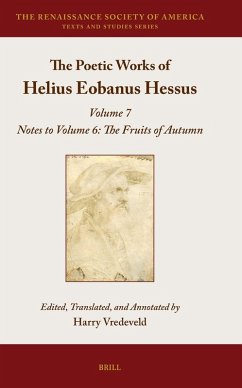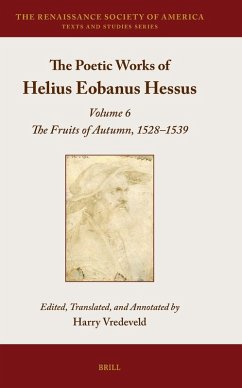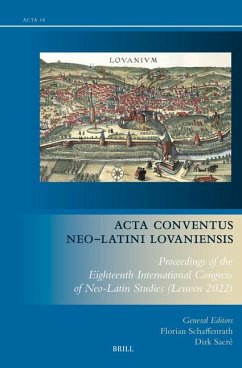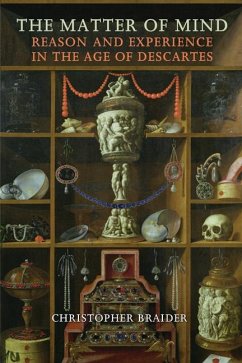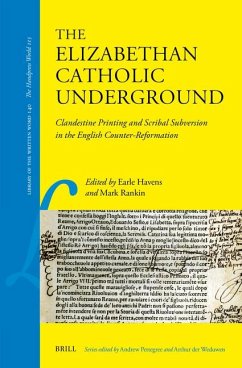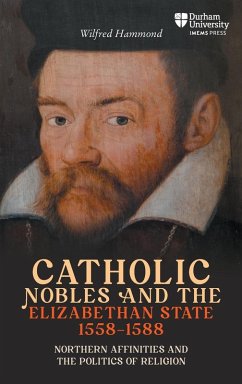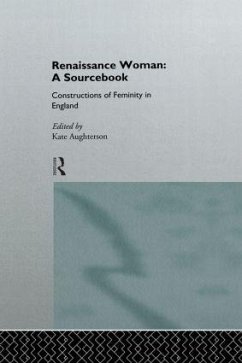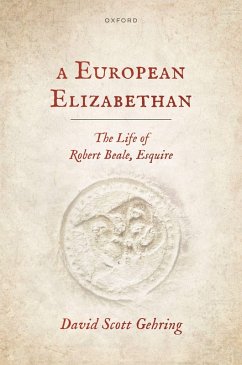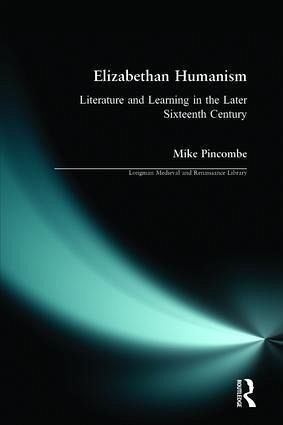
Elizabethan Humanism
Literature and Learning in the Later Sixteenth Century
Versandkostenfrei!
Versandfertig in 1-2 Wochen
73,99 €
inkl. MwSt.
Weitere Ausgaben:

PAYBACK Punkte
37 °P sammeln!
This work is an account of Elizabethan humanism, dedicated to the Elizabethan period of Renaissance writing. It offers a new approach to the topic by using records of the words humanity and humanist to establish an understanding of the word humanism.
The term 'humanist' originally referred to a scholar of Classical literature. In the Renaissance and particularly in the Elizabethan age, European intellectuals devoted themselves to the rediscovery and study of Roman and Greek literature and culture. This trend of Renaissance thought became known in the 19th century as 'humanism'. Often a difficult concept to understand, the term Elizabethan Humanism is introduced in Part One and explained in a number of different contexts. Part Two illustrates how knowledge of humanism allows a clearer understanding of Elizabethan literature, by looking closely at major texts of the Elizabethan period which include Spenser's, 'The Shepherd's Calendar'; Marlowe's 'Faustus' and Shakespeare's 'Hamlet'.





